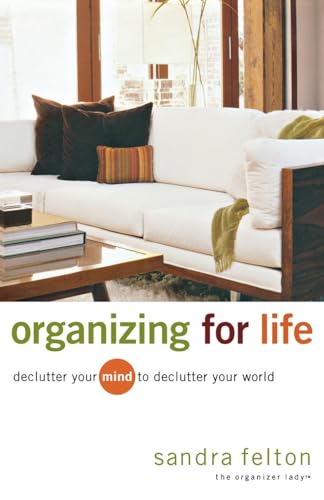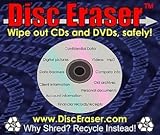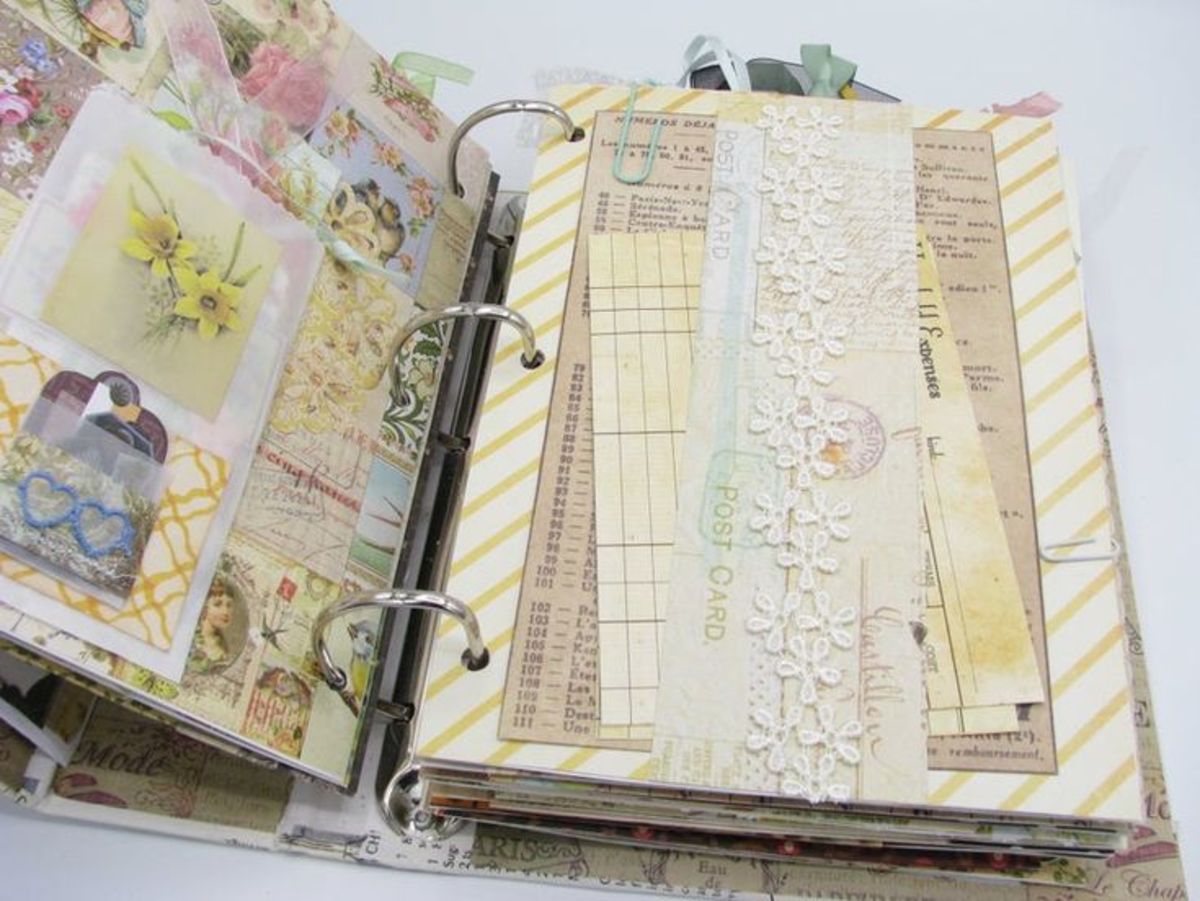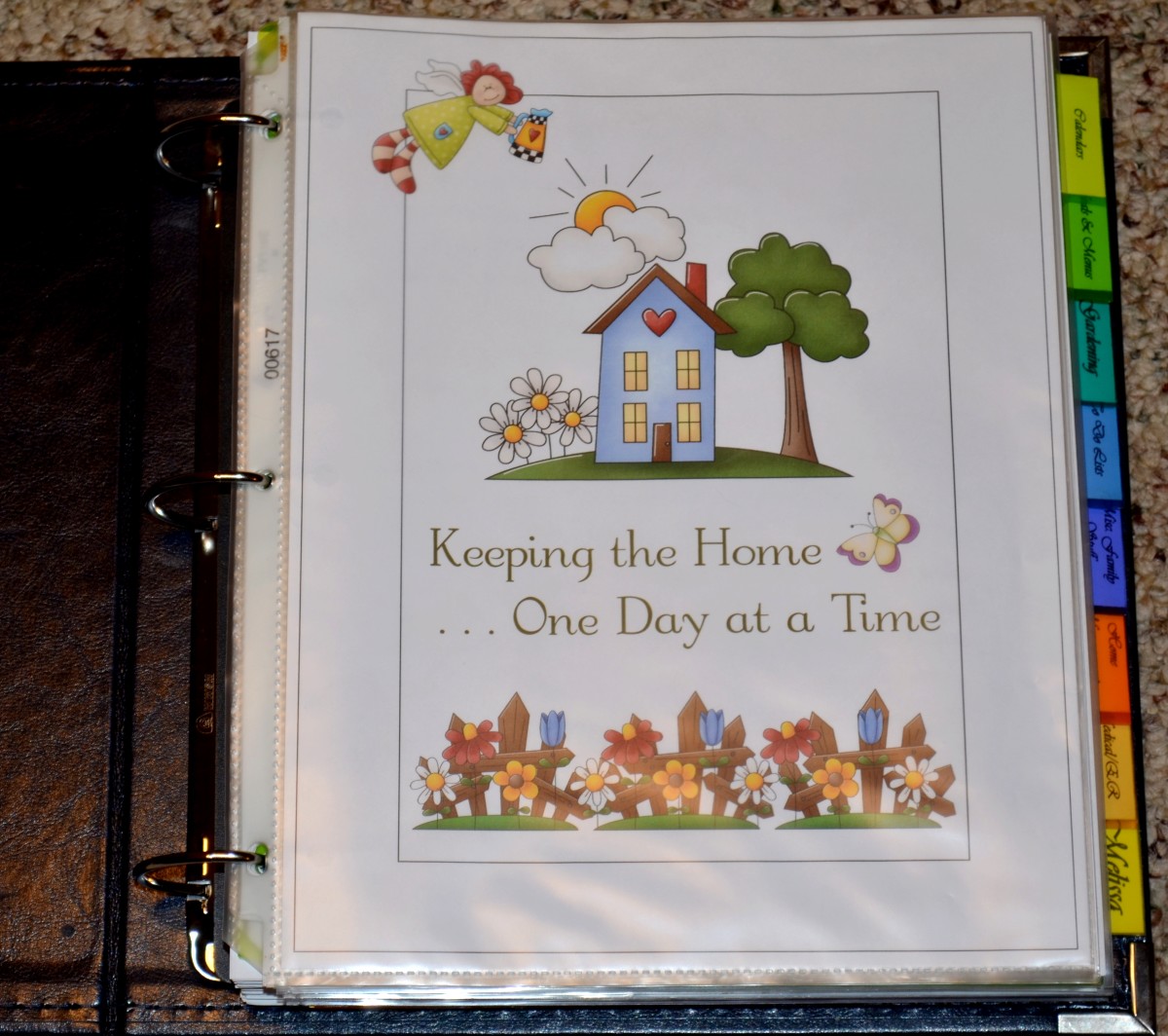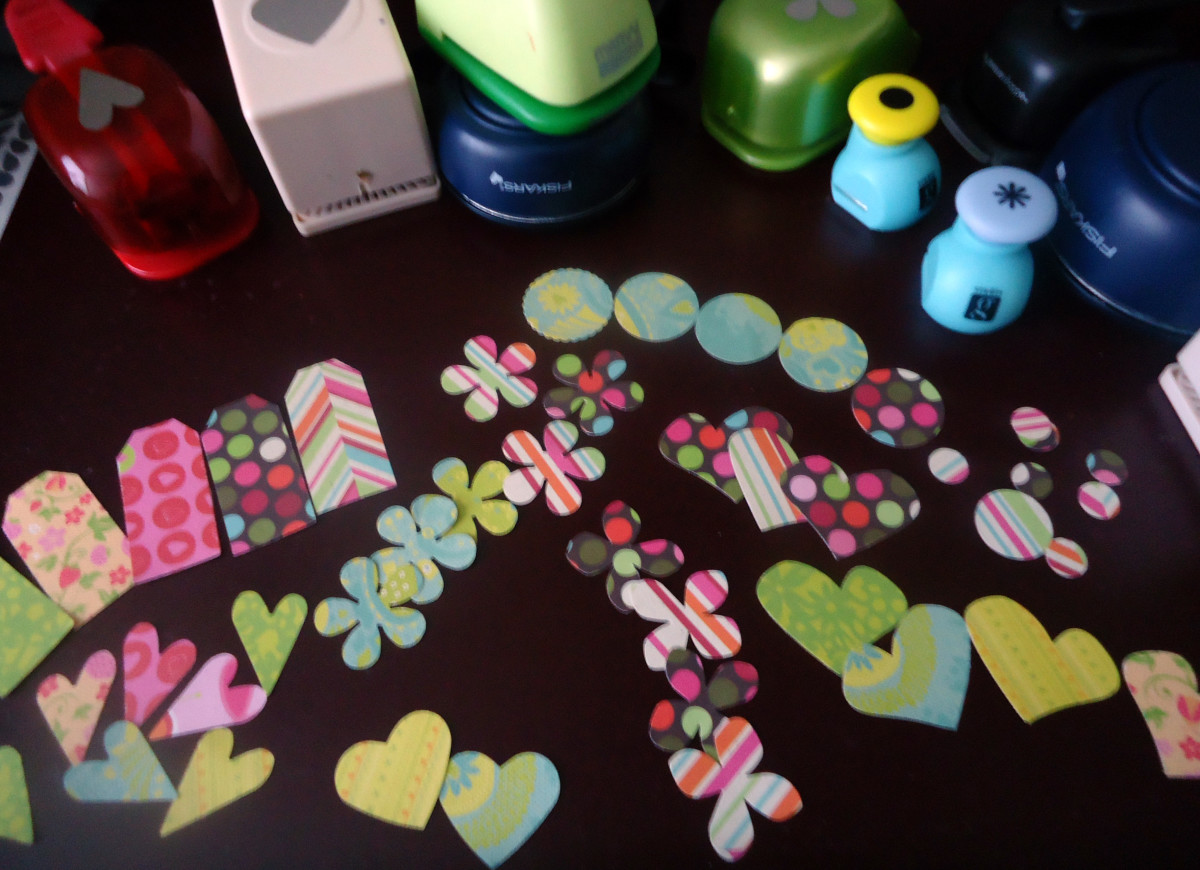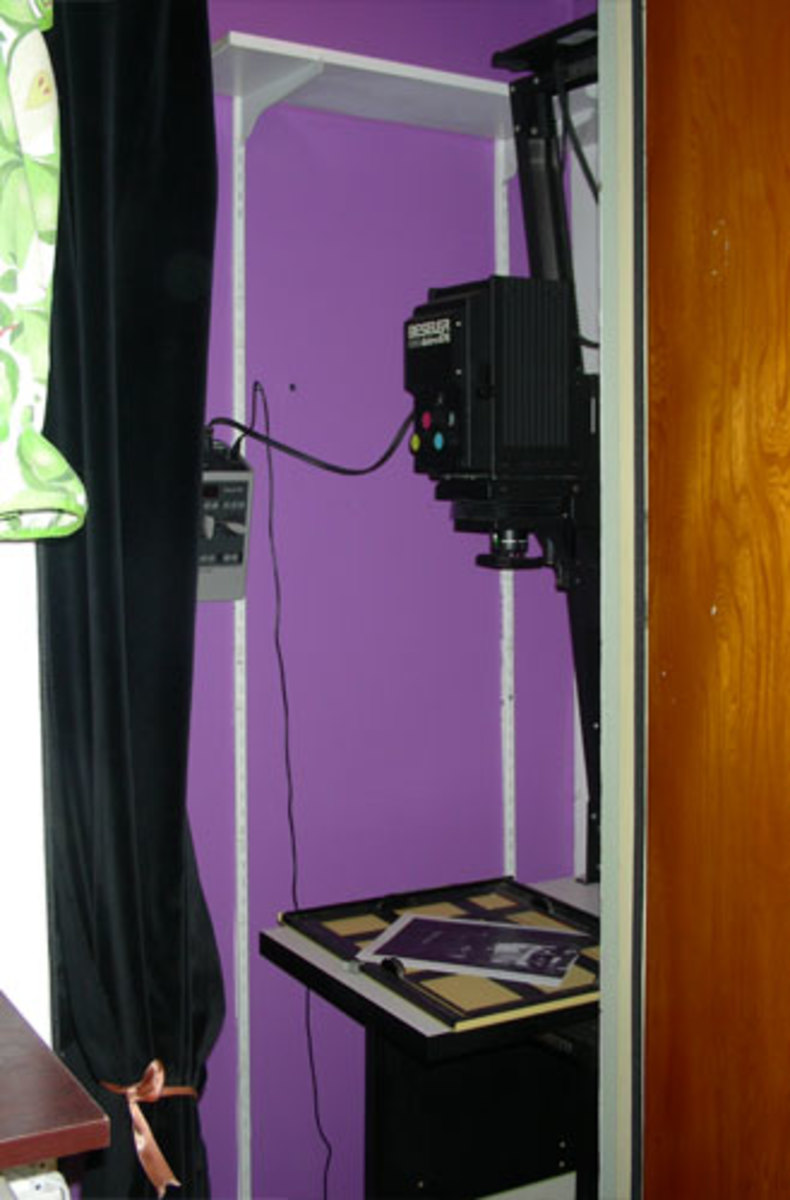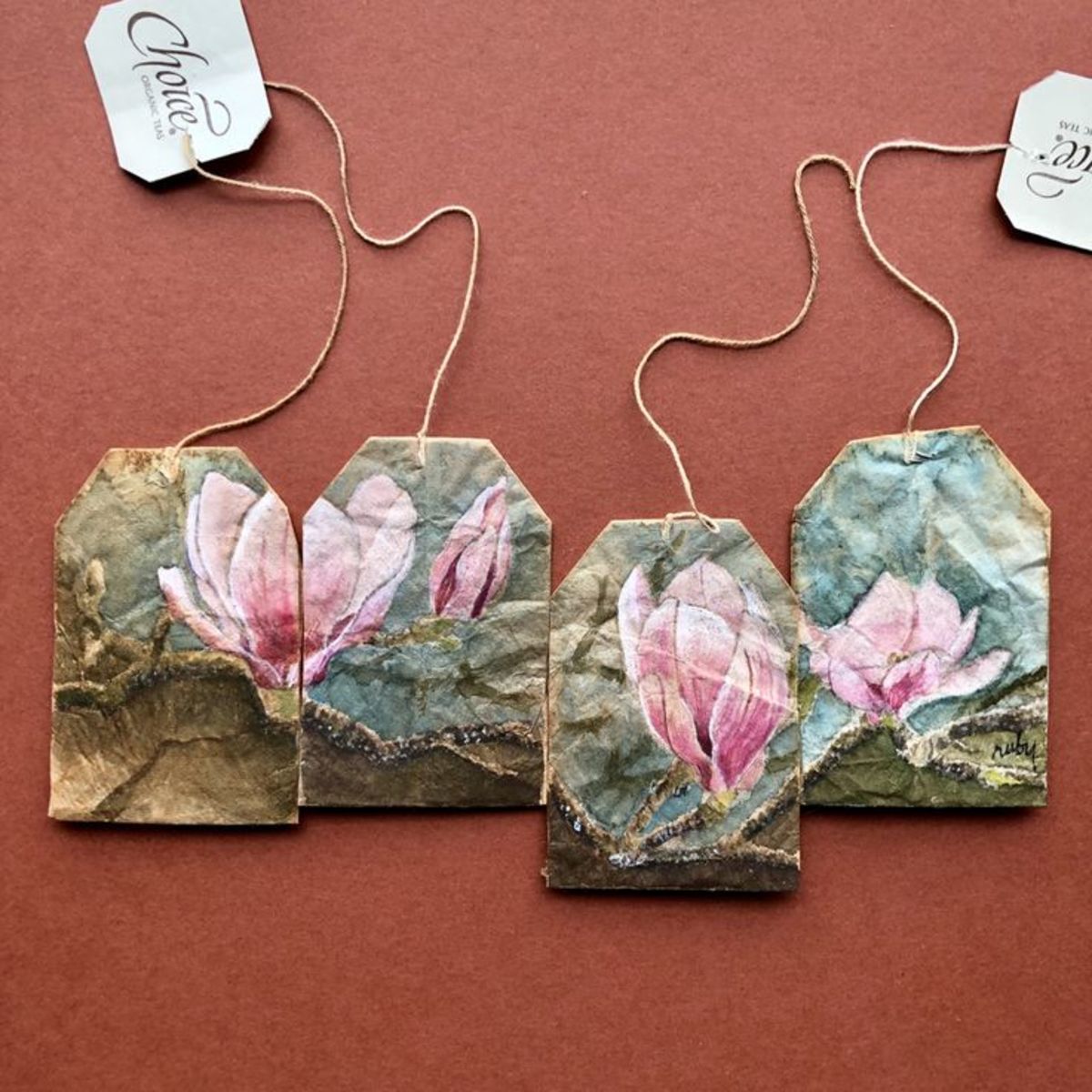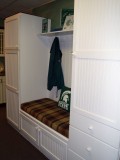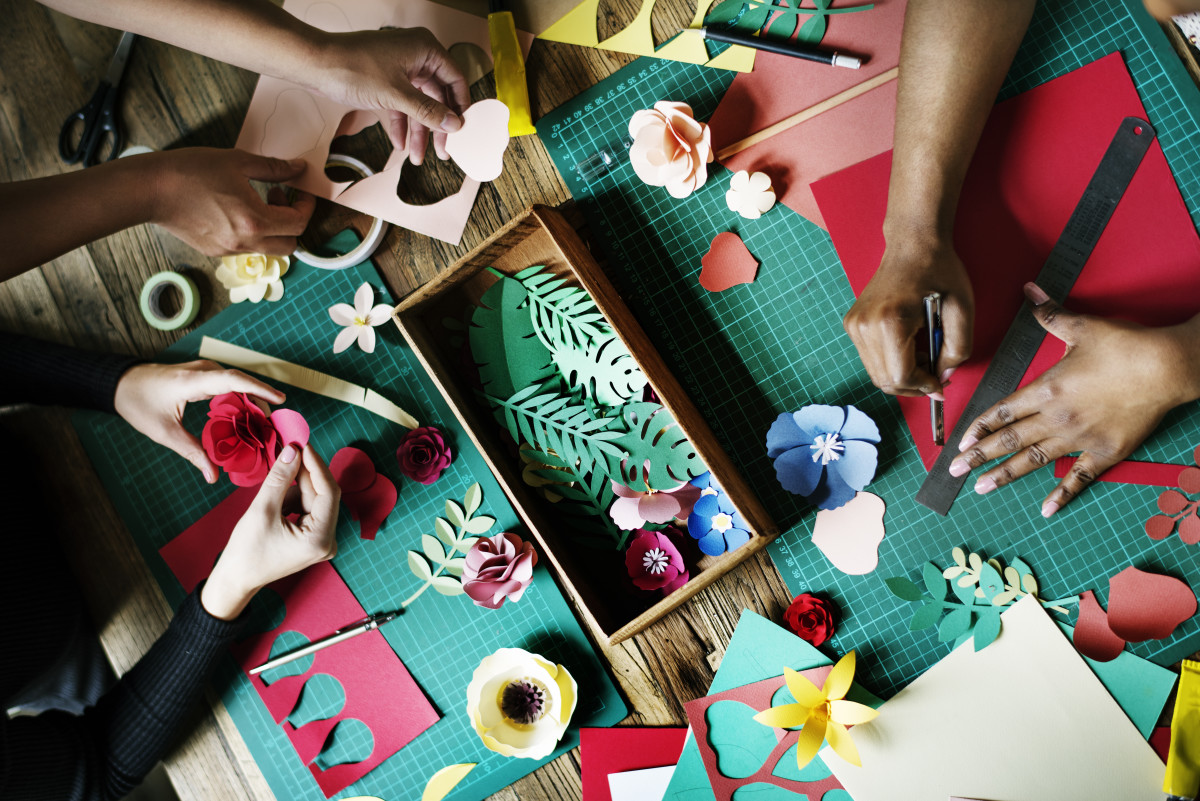Dealing with Paper Clutter
Do you find your house or office being taken over by paper? Does paper seem to multiply by itself? Do you find yourself having to constantly search for important papers such as bills and receipts? Hopefully, this article can help you deal with the nuisance of paper clutter.
There are many ways of dealing with paper clutter that will make your life more simple and that will guarantee that you won't lose any important papers.
The first step is to go through all of the papers and throw out those that you don't need to keep.
You only need to keep income tax information for 7 years; bills you might want to keep for a year; pay stubs can be thrown out after a year (it's best to keep a year for income tax purposes); receipts for other tax deductible purposes can be kept for a year; only keep store receipts for clothing and minor purchases for as long as the items are returnable; separate bills and other mail you are saving from the envelope, this will cut down on your clutter quite a bit. Important and confidential papers that are no longer needed should be shredded to avoid identity theft. You can buy a shredder for under $20.
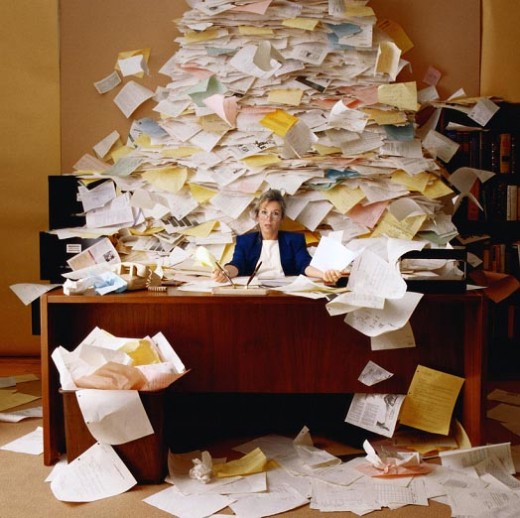
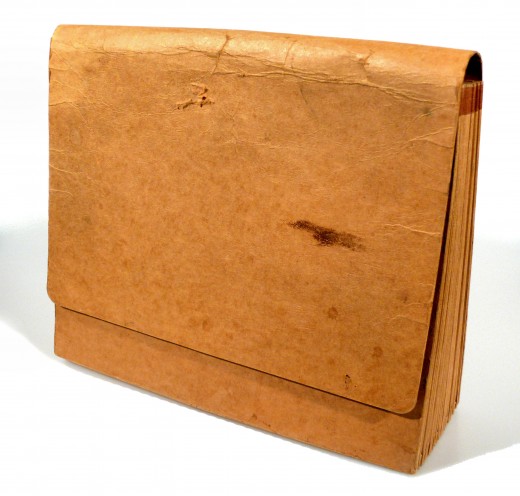
File Folders
Create a separate file folder for each type of paper, such as bills, receipts, tax information.
There are all sorts of file folders out there in a variety of colours. You can also buy either plastic or cardboard. You can either have a different colour for each type of folder or label them. You can buy desktop holders for files, you can buy hanging files for your drawers, and of course, you can buy a filing cabinet.
A file folder with a cover is handy for smaller pieces of paper like store receipts.
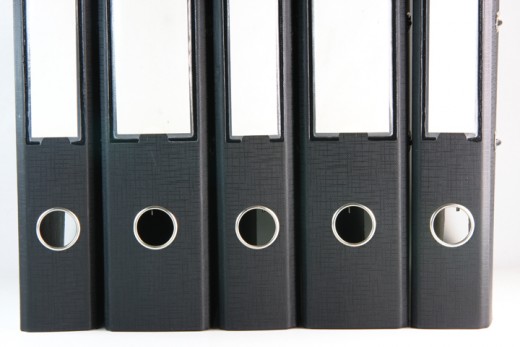
Binders
File your papers in binders and place them on a shelf. Of course, you would want a separate binder for each type of paper.
Buy an inexpensive 3-hole punch and insert all your papers in the binders cleanly. Label each binder. As with folders, binders come in an assortment of colours. You can also buy a holder for your binders. Then you can file everything away on a shelf.
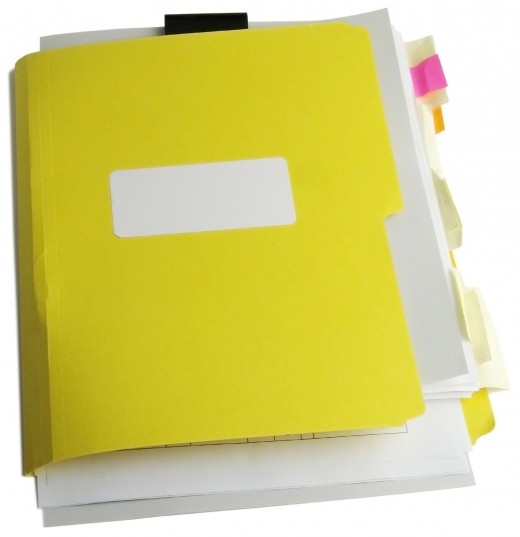
Portfolios
File your paper in separate portfolios.
There is a vast selection of portfolios available. Many have zippers that enable you to safeguard small pieces of paper. They come in paper, leather, nylon.
You can even use a photographic portfolio to display your papers. The ones with plastic dividers that are for photographs will word very well for small pieces of paper that you are saving. They also enable you to see everything at a glance.
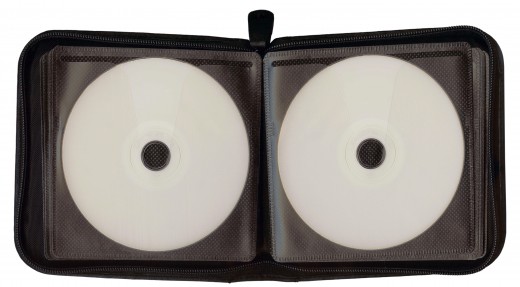
Computer Discs
Scan important papers onto your computer and save them on CD or DVD.
Scanners are quite inexpensive these days and are easy to use. In addition to scanning photographs they let you scan text.
There are many attractive storage devices for discs. You can get wallet-sized ones, or binder-sized ones.
Average Goddess talks about paper clutter
Hopefully, some of these hints will get you tackling that huge pile of paper that has taken over your desk or your dining room table. You will feel so much better about the world when you know all your papers are safe and that you don't have to look at them every single day.
Dealing with Paper Clutter by Susan Keeping is licensed under a Creative Commons Attribution-No Derivative Works 3.0 Unported License.


